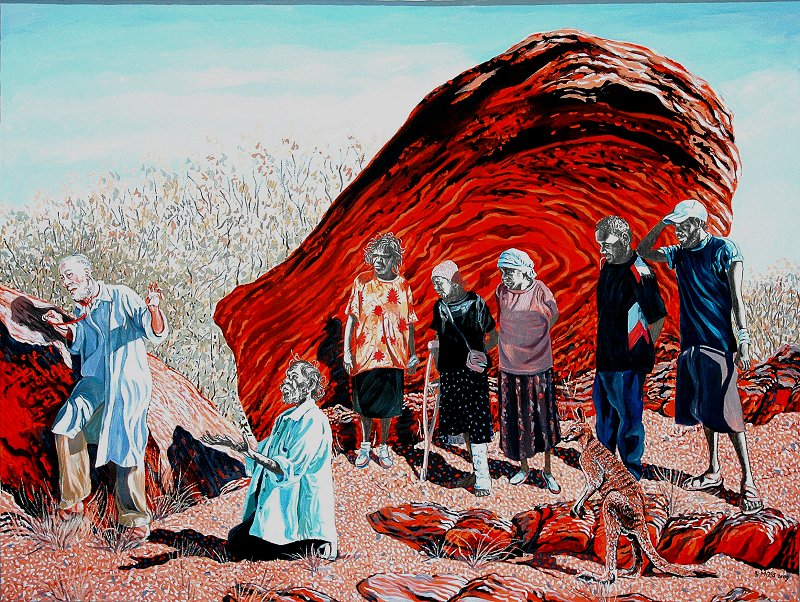I have written previously of my colleague and friend Dr Paul Jarrett of Phoenix, Arizona. Paul is old, smart, a tolerant arch-conservative, highly principled. He has no time for those who break his country’s laws. The term he uses for such people is ‘scofflaws’, a bright word, new to my lexicon, pregnant with possibility.
We have scofflaws abroad in Australia. A month or two ago I read – and wrote – of the suicide death of the Tamil refugee Leo. He took his life, apparently terrified of deportation. Around that time, at a school in Adelaide, two star pupils were arrested, separated and flown abruptly under guard to a detention centre in Darwin. The two had been granted temporary refuge in Australia. Their status was now under active – and in the circumstances – ominous review. Stunned, the astonished school population, from classmates to teaching body soon responding with a public petition to end the boys’ detention.
Meanwhile around a dozen fellow Tamil refugee students at the same school took fright and took flight. They disappeared from the school and from the place where the authorities required them to stay.
The students broke the law.
Four weeks later the scholars remained at large despite attempts to find them. The South Australian Police, challenged to explain this failure of policing, expressed a Pilate uninterest: “As there is no report of a breach of South Australian law this is a matter for federal authorities.” Those authorities are piously named Department of Customs and Citizenship. Officials of the Department warn citizens not to aid, abet or harbour the scofflaws on pain of penalties including gaol.
I am a citizen, one of the warned.
The idea of scoffing at the law worries Paul, a thoughtful person. I always ponder Paul’s thoughts, reflecting as they do his ninety five years of living with eyes and brain open. Australia, like the USA, is a nation of laws. The laws constrain me and protect me. Scoffing at the law carries serious implications for our community.
Scoffing at laws is not new. Ned Kelly did it. Any of us who chooses to park illegally or to speed is guilty of disrespect towards that indispensible strut that supports society, which is our communal assent to be governed.
From time to time governments find laws inconvenient; the Howard government chafed at being constrained by the treaty granting rights of persecuted people to seek refuge on Australian soil. The government created a new law that excised parts of our country from Australia. In this highly imaginative act, the laws of our country removed parts of our country from the laws of our country.
Our legislators scoffed at our laws.
After the Nuremburg laws scoffed at the laws of Germany, certain citizens became non-citizens, subject to arrest, persecution and eventual extermination. Many of those former citizens took fright, took flight and sought shelter in the homes of their neighbours. Numerous German citizens aided, abetted and harboured those non-citizens. My people honour the memory of those scofflaws, whom we term ‘righteous gentiles’.
The words of the German pastor Martin Niemoller echo and echo again in memory:
First they came for the Socialists and I did not speak out – because I was not a Trade Unionist.
Then they came for the Jews and I did not speak out – because I am not a Jew.
Then they came for me – and there was non-one left to speak for me.
Niemoller spent the last seven years of Nazi rule in concentration camps.
Grateful that Abbott-Brandis Australia 2014 is so different from Hitler Germany, I wonder still how I will respond when a Tamil scofflaw knocks at my door?
